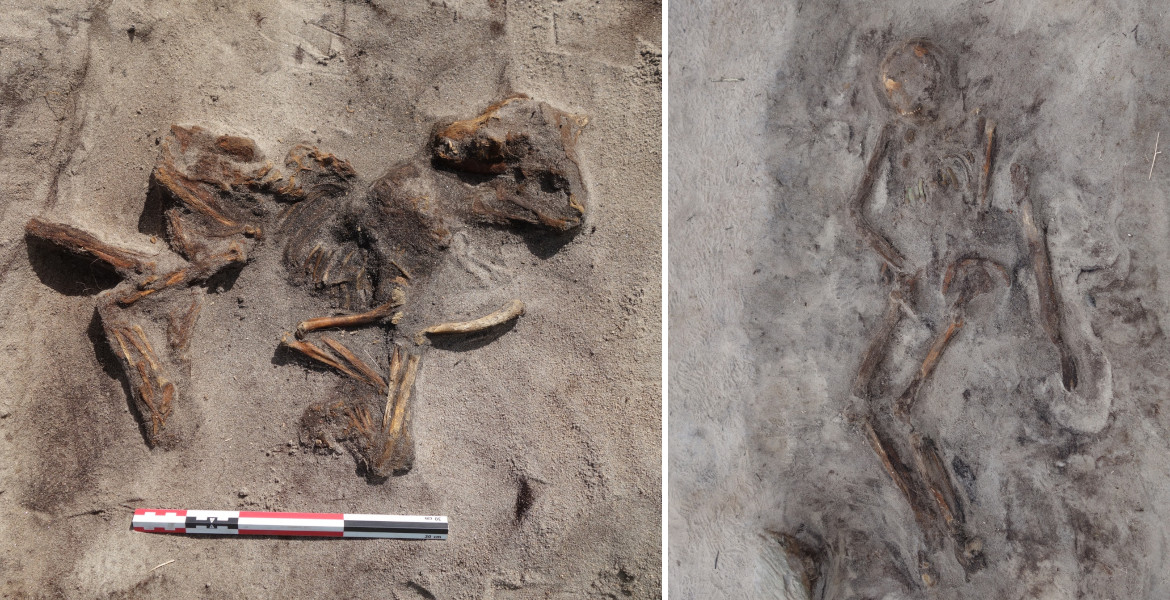The Norwegian parliament Stortinget has voted to allow mining on the seabed, a decision that has been heavily criticized by many. This makes Norway the first country in the world to allow deep-sea mining.
Last year, the Norwegian government announced that it would open up the country to deep-sea mining, the practice of mining the seabed for minerals and metals. The decision was strongly criticized by the World Wildlife Fund (WWF), among others, because of the risk of endangering seabed ecosystems.
A number of studies have warned of irreversible damage to ecosystems, but also that we simply don’t know what could happen because we don’t know enough. In 2020, Japan tested extracting cobalt from the ocean floor for just two hours. Researchers decided to study the area before the cobalt mining and one year after the mining was finished. They discovered that the local fish population had declined by 43%. In nearby areas, the decline was even greater, at 56%.
The environmental movement protests
On Tuesday, the Norwegian parliament voted to open up its marine areas to deep-sea mineral extraction, reports Norwegian state broadcaster NRK. The outcome of the vote was expected, as Arbeiderpartiet and Senterpartiet announced in December that they had reached an agreement with Fremskrittspartiet and Høyre to start the project.
The environmental movement demonstrated in front of the parliament and presented a petition with 500,000 signatures to Prime Minister Jonas Gahr Støre and others. In November, 120 MPs and MEPs from 19 different parliaments sent a letter to Norwegian politicians urging them to reject the mining project.
The mining area is located between Svalbard and the island of Jan Mayen and covers 280,000 square kilometers. The minerals to be extracted are cobalt, magnesium, nickel and copper.








